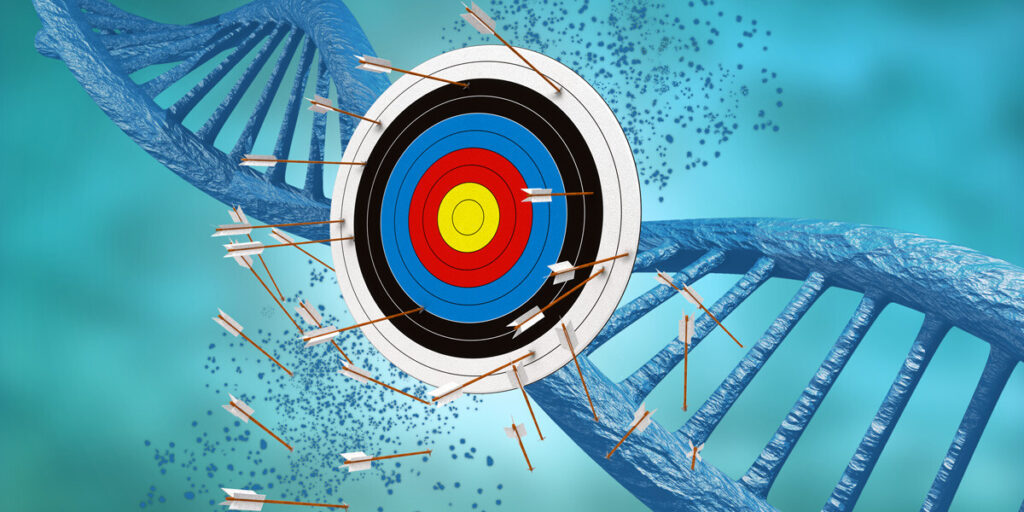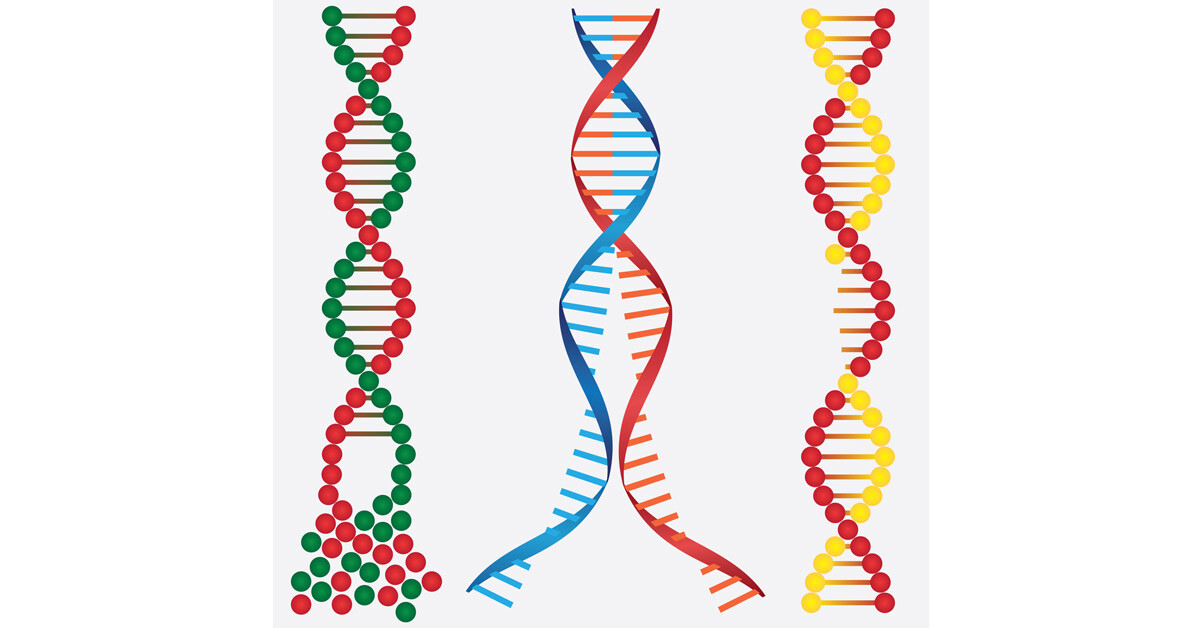Gene Editing Causes Chaos In Genome of Tomatoes
Many who follow websites like Food Integrity Now are aware of gene editing technology like CRISPR/Cas gene editing. We and others like Responsible Technology, GM Watch, Moms Across America, Sustainable Pulse and others have been warning about the danger of this technology. We have been deeply concerned about off-target mutation and other unintended consequences. We now have some proof.
Thank you to GM Watch for reporting this first.
Recent scientific findings have revealed chromothripsis-like effects after the application of CRISPR/Cas gene editing in the genome of tomatoes, reports Testbiotech in an article commenting on a just-published preprint study by scientists based in Israel and the US.

Chromothripsis refers to a phenomenon in which often several hundred genetic changes occur simultaneously in a catastrophic event. Many sections of the genetic material can be swapped, recombined, or even lost if this occurs, GMWatch recently reported.
As Testbiotech explains, it has been known for some time that “CRISPRthripsis” occurs in mammalian (and human) cells. But now this effect has also been demonstrated in plants after gene editing applications. The findings show that gene editing applications cause unintended genetic alterations much more frequently than previously thought, affecting large parts of the genome.
Testbiotech notes that when both strands of DNA are cut, as is typically the case with the CRISPR/Cas, the ends of the chromosomes can lose contact with each other. If the repair of the break in the chromosomes fails, the severed ends can be lost, restructured or incorporated elsewhere. Chromothripsis otherwise seems to be relatively rare in plants. CRISPR/Cas applications can frequently result also in changes at genomic sites that are particularly well-protected by natural repair mechanisms. The risks cannot generally be estimated, so they must be investigated thoroughly in each and every case.
According to Testbiotech, the new findings shed new light on the alleged precision of gene editing. Although the new technology can be used to target and cut precise locations in the genome, the consequences of cutting the genome are to some extent unpredictable and uncontrollable. Plants obtained from new genetic engineering techniques cannot, therefore, be regarded as safe per se, and need to be thoroughly investigated for risks.

Without exact genomic analyses, chromothripsis can be easily overlooked, Testbiotech points out: “It is, for example, not unlikely that it also occurred in plants obtained from new genetic engineering techniques, such as gene editing, that have already been deregulated in the US.”
Commenting for GMWatch on the new study, molecular geneticist Dr Michael Antoniou said, “Yet again we see a phenomenon that has already been observed in a human cell context – major DNA damage from gene editing – now appearing in plants. Due to the inadequate analysis that is generally done in gene-edited plants, GMO developers will often miss this. So we will end up with marketed products with major genetic rearrangements affecting the function of many genes, even disturbing the balanced expression of multiple gene families, with unknown downstream consequences to the biochemical composition of the plant. Those consequences could include the production of new toxins and allergens. Yet gene editing is claimed to be more precise than natural breeding. Clearly this is not the case.”
Testbiotech reminds us that attempts are currently being made in Europe to largely deregulate plants obtained from CRISPR/Cas applications. According to leaked documents, the EU Commission plans to give companies permission to release plants made using new genetic engineering into the environment and to market their products after only a short period of notification. Similar to the USA, the proposed criteria exempting them from mandatory risk assessment would not require any investigation of unintended genetic changes, e.g. chromothripsis. The new regulation would not only be applicable to plants used in agriculture, but also would allow the release of wild plants with no in-depth risk assessment.
Testbiotech is warning that the planned deregulation and large scale releases of new GMOs could threaten natural resources needed by future generations.
Keep in mind that this type of technology will not be labeled. What might this gene editing turn on or off in our genome? Please share this information with others. Thank you for sharing and for supporting Food Integrity Now! Our healthstore supports this improtant work!

I’m counting on Food Integrity Now to stay on top of this and let us know what we can to to help.
Will do!!